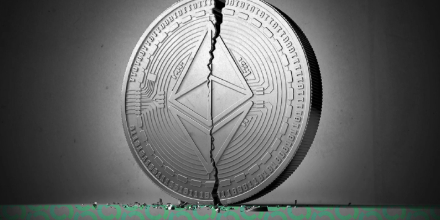PayPal World connects two billion global digital wallet users without blockchain, but experts believe it is still limited by traditional systems.
PayPal announced the PayPal World platform on Wednesday, promising to revolutionize cross-border payments by connecting large domestic digital wallets with its global network. The platform allows users of India's UPI, China's WeChat Pay, and Brazil's Mercado Pago to transact with PayPal or Venmo-accepting stores without opening a new account or using a card.
Although not using blockchain, PayPal World offers many stablecoin-like functions such as fast payments and currency conversion, raising questions about the future of digital assets in the payment sector.
Alex Chriss, PayPal's Chairman and CEO, emphasized that cross-border money transfers are extremely complex and this platform is designed to simplify that process for nearly two billion users. When operational this fall, the service will support in-store, online, and peer-to-peer transactions, with the first deployment phase focusing on interoperability between existing wallets and merchant ecosystems.
PayPal claims the platform is "ready for the future of commerce", citing use cases like AI-powered shopping and digital wallets operated by digital agents. The company also stated that the system will support new technologies over time, including dynamic payment interfaces and stablecoins, demonstrating flexibility in its development strategy.
Debate on Stablecoin Replacement Potential
The functional overlap between PayPal World and stablecoins may concern crypto developers, as it suggests traditional companies can achieve similar results without open, permissionless capital infrastructure characteristic of blockchain. However, experts have different views on the platform's competitive potential.
Gitay Shafran, founder of The Fedz and FUSD stablecoin issuer, argues that PayPal World is not a "stablecoin killer". According to him, it is merely a bridge between legacy fiat systems, not a leap towards the future of currency. This perspective emphasizes that the new platform still operates within traditional financial frameworks.
Conversely, Andrei Grachev, managing partner at Falcon Finance, notes that PayPal World's emergence confirms the issues stablecoins were created to solve. While the platform "elevates fiat payments", it still depends on traditional correspondent banking channels, exchange rate differences, and proprietary payment processes. He adds that stablecoins have special advantages in scenarios like micro-payments, cross-chain exchanges, and in regions lacking traditional banking or with slow operating systems.
In this context, PayPal continues to develop in both directions. Last month, the company expanded its PYUSD stablecoin to the Solana blockchain, maintaining support on Ethereum and announcing plans to deploy on Stellar. This expansion occurred after the SEC officially closed a 15-month investigation related to PYUSD in April, removing a major barrier in PayPal's stablecoin strategy.







